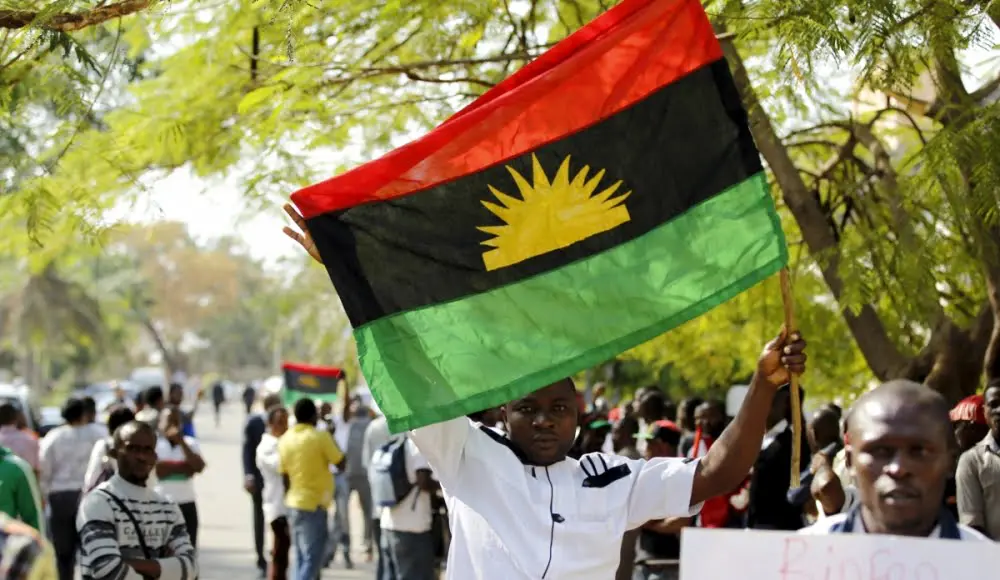
In a landmark decision that could reshape Senegal’s approach to urban land conflicts, Prime Minister Ousmane Sonko on Saturday officially returned a long-disputed coastal plot in Ngor to the local community, ending years of tension between the state and residents.
The 6,000-square-metre parcel, previously under the control of the gendarmerie, had become a flashpoint in the ongoing debate over land rights in Dakar’s rapidly developing districts.
Clashes between security forces and locals had, at times, turned violent, transforming Ngor’s iconic beach into a battleground.
The move to return the land is being hailed as a significant step toward reconciliation and a rare victory for grassroots activism.
“For us, this land is more than just sand—it’s our heritage, our future, and our voice,” said a resident, welcoming the government’s decision.
Valued at approximately 3.6 billion CFA francs, the site carries immense symbolic and financial weight. With soaring real estate prices in Dakar and increasing pressure from tourism developers, such plots have become rare commodities. For the indigenous population of Ngor, the decision marks a critical moment in preserving cultural and economic autonomy in the face of urban expansion.
Initially earmarked for security purposes, the reclaimed land will now be used to build a secondary school—an urgent local priority in an area where educational infrastructure remains lacking.
“The community’s choice to use this land for a high school shows a clear intent to invest in human capital and future generations,” noted one education official.
This resolution also signals a potential shift in how the Senegalese state handles land disputes.
Prime Minister Sonko’s intervention has been interpreted as a message that government policies will increasingly reflect local aspirations, especially in underserved communities.
His visit to Ngor was met with celebrations, but also cautious optimism.
The Ngor case has exposed deeper structural tensions around land ownership and development in Dakar, where rapid urbanisation often clashes with traditional claims.
By opting for peaceful restitution, the government may have set a precedent for resolving similar disputes across the country.
Still, questions remain.
As communities across Senegal continue to push back against perceived land grabs, many wonder whether the Ngor resolution marks a one-time gesture or the start of a more inclusive and equitable land policy.
For now, residents of Ngor have reclaimed a critical piece of their identity—and with it, a new hope for self-determined development.



